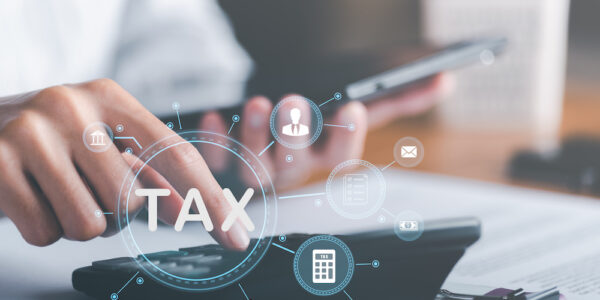Bill Gates proposed a tax on industrial robots years ago. Bill DeBlasio proposed the idea again a few years later. The suggestion is coming up again, this time in an article from the Brookings Institution. Is this a bad idea that keeps being brought up and dismissed, or a good idea that hasn’t yet taken hold?
Why tax robots?
One of the concerns about automation, and especially AI versions of automation, is that they benefit the owners — the people with the capital — but not the workers. Brookings explains this very clearly, saying that a tax on robots is “a deliberate strategy aimed at enhancing the equity and fairness of technological advances. This approach seeks to sustain humanity and needed social services in this newly automated landscape, aiming to ensure the benefits of technological progress are broadly shared, thus facilitating a smoother, less disruptive transition for society and the economy.”
Earlier discussions have pointed out that a company using a robot instead of a human doesn’t pay payroll taxes, so they should instead pay robot taxes. This not only keeps the robot from being a better choice just for tax reasons, and also means that the services covered by payroll taxes, such as Social Security and Workman’s Compensation, don’t suffer because of automation.
Either way, a robot tax can mitigate the harm potentially done to humans by a transition to robots.
How to tax robots
Earlier discussions of robot tax included questions about how to define a robot for taxation purposes. Would an AI-drive vending machine be a robot, even if it didn’t have any arms? Would an autonomous cart be a robot? How about everything in between?
Brookings has a solution to that question. “Assigning legal personality to robots would create a structured basis for taxation, responsibility, and ethical guidelines, reflecting discussions like those about autonomous vehicles,” they say. “Like legal personality granted to corporations, it involves recognizing robots and AI systems as entities with a set of legal rights and obligations enabling them to enter contracts, potentially be held accountable for certain actions (to sue and to be sued), and become subject to taxation as separate entities.”
Once the criteria for legal personhood are settled, on the model of corporations rather than in terms of sentience, it’s easy to see which entities would be subject to a robot tax.
Brookings hastens to make it clear that we’re not saying robots are people. “This legal framework is not about granting robots citizenship or human rights but establishing a structured basis for interactions between robots, individuals, and the state, particularly in contexts where autonomous decision-making by robots impacts the public domain,” they explain. “For instance, a distinction could be made between simple automated machines and advanced AI systems capable of learning and making autonomous decisions. The limits of this legal personality would be carefully outlined to avoid attributing undue rights or moral considerations to robots. The focus would be on creating clear guidelines for how robots can be held responsible for their actions (liability), how they can be integrated into the existing tax systems (taxation), and how they can be controlled or governed by laws (regulation).”
Ethical questions
Even without considering sentience or citizenship, the authors recognize that “we must establish an ethical baseline for the creation and employment of robots, contemplating the long-term possibility of AI developing or emulating consciousness and how this would redefine our relationship with them.”
We can foresee ethical questions, so we shouldn’t ignore them. Why wait until it’s too late?



